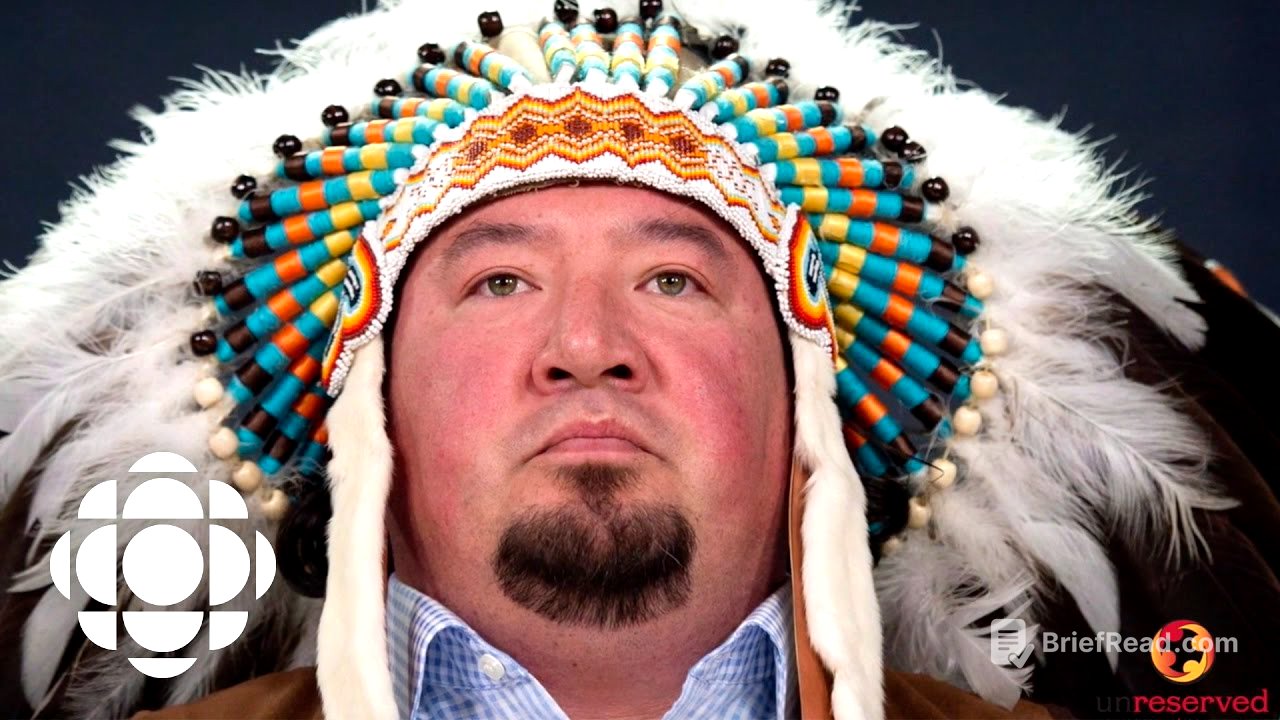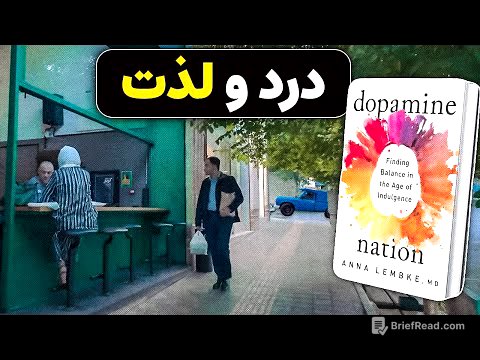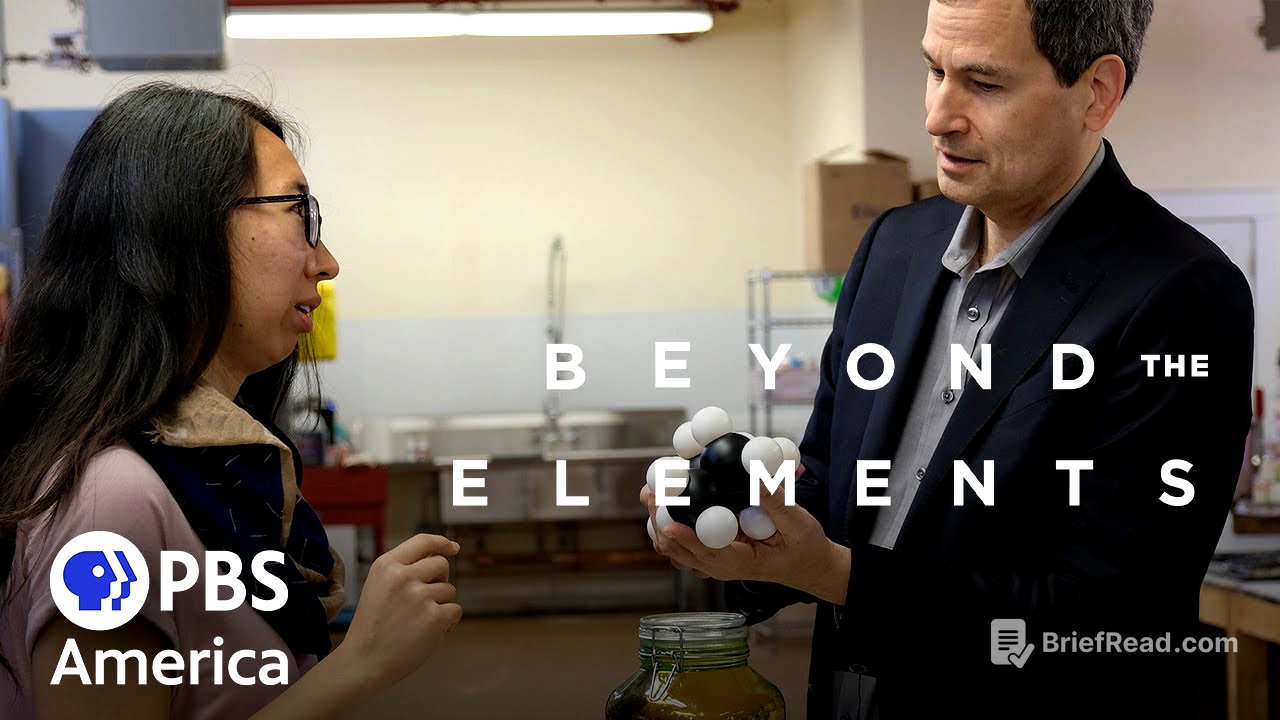TLDR;
Rosanna Dearchild, the host of Unreserved, addresses the issue of cultural appropriation, particularly in the context of Halloween costumes. She explains the difference between cultural appropriation and appreciation, highlighting the harm caused by reducing indigenous cultures to meaningless pop cultural items. She emphasizes the importance of understanding indigenous history, obtaining consent, and ensuring indigenous participation in cultural representations to foster genuine cultural appreciation.
- Cultural appropriation reduces cultures into meaningless pop cultural items.
- Cultural appreciation involves learning, interacting, and respecting other cultures.
- Understanding collective history and ensuring indigenous participation are crucial for cultural appreciation.
Intro [0:00]
Rosanna Dearchild introduces the topic of offensive Halloween costumes that appropriate indigenous cultures. She expresses her discomfort with the prevalent trend of reducing indigenous identities to cheap costumes, such as "Princess Pocah" and "Brave Cherokee warrior," available for purchase. She points out the irony of selling these costumes for a low price while the oppression of indigenous peoples is not included.
Cultural Appropriation [1:17]
Rosanna defines cultural appropriation as the act of taking elements from a culture that is not one's own and transforming them into meaningless pop cultural items. Examples include hipster headdresses and tribal face paint, often seen as harmless fun costumes. She explains that headdresses are sacred items gifted to leaders who have earned the right to wear them through ceremonies and protocols, while Pocahontas costumes perpetuate dangerous stereotypes of indigenous people as mythical and historical figures.
Harm of Cultural Appropriation [2:24]
Cultural appropriation is harmful because it is an extension of centuries of racism, genocide, and oppression. It treats marginalized cultures as free for the taking, which is unacceptable.
Cultural Appreciation [2:40]
Cultural appreciation, on the other hand, truly honors indigenous arts and cultures. It involves taking the time to learn and interact to gain understanding of cultures different from one's own. This cultural exchange is based on mutual respect, consent, and participation. If something is about indigenous people, it must include them.
How to Appreciate Indigenous Cultures [3:05]
To truly appreciate indigenous peoples and culture, it is essential to know the collective history, not just individual histories, to understand where we come from and where we come together. Rosanna emphasizes that appreciation is good, while appropriation is bad, and encourages everyone to have a happy Halloween.









